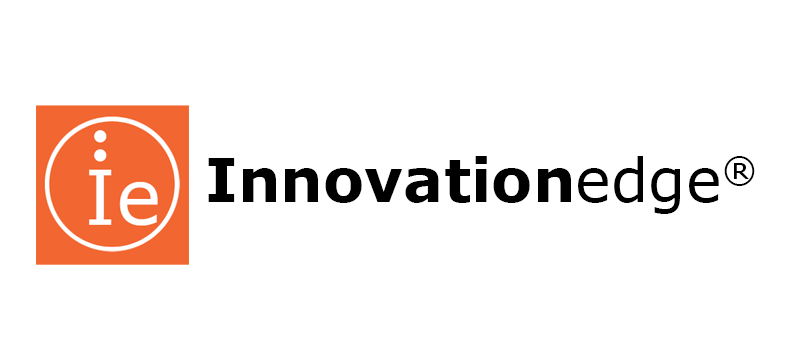In my weekly newspaper column I talk about how we’re hearing that innovative technology is beginning to transform the poorest areas of developing nations in South and Central America, Africa, Asia and beyond. This is great news: New well-drilling equipment and water filters are providing clean drinking water to many impoverished communities. Inexpensive mobile phones, laptops and even computer tablets are now available to children and schools where people are struggling to pay for basic necessities like housing and food. Programs like Intel’s Classmate PC and One Laptop Per Child are giving children across the developing world access to education and information the children, their teachers and parents might not otherwise have.
I also take a look at another big challenge in addressing hygiene and safe waste disposal in nations where infant mortality rates are high due to illnesses caused by bacteria.
Some facts: 40 percent of the world’s population does not have access to flush toilets. Millions of people have no other choice but to go in the open or in rivers and lakes, contaminating the ground and the water. The Centers for Disease Control says 1.5 million children die each year from diarrhea, which could be prevented via improved sanitation.
Some good news is on the horizon, thanks to private and corporate donations from the United States. This summer Microsoft founder Bill Gates talked to the media about the importance of sanitation improvements, hoping to get the message out to the world that new, bright ideas need to play a role in meeting this enormous challenge. Gates then promised to reinvent the toilet, by contributing $42 million towards a goal of finding a way to bring flushable systems to villages and homes that lack plumbing for conventional toilets.
Citing his desire to vastly improve the living conditions of millions of people, Gates pointed to the fact that no innovation in the past 200 years has done more to save lives and improve heath than the invention of the toilet.
Part of the Bill and Melinda Gates Foundation’s goal is to use the donation to fund eight research labs at universities around the globe to generate new ideas for turning waste into energy and clean water. Gates calls it his Reinventing the Toilet Challenge, and is encouraging technologists to invent a stand-alone unit that can be fully operational without piped-in water, a sewer connection or outside electricity. The toilets also need to operate on about a nickel a day.
Ideas are already coming to the forefront, and soon we will see the results of this call for innovation in the form of healthier children and adults in areas of desperate need.


